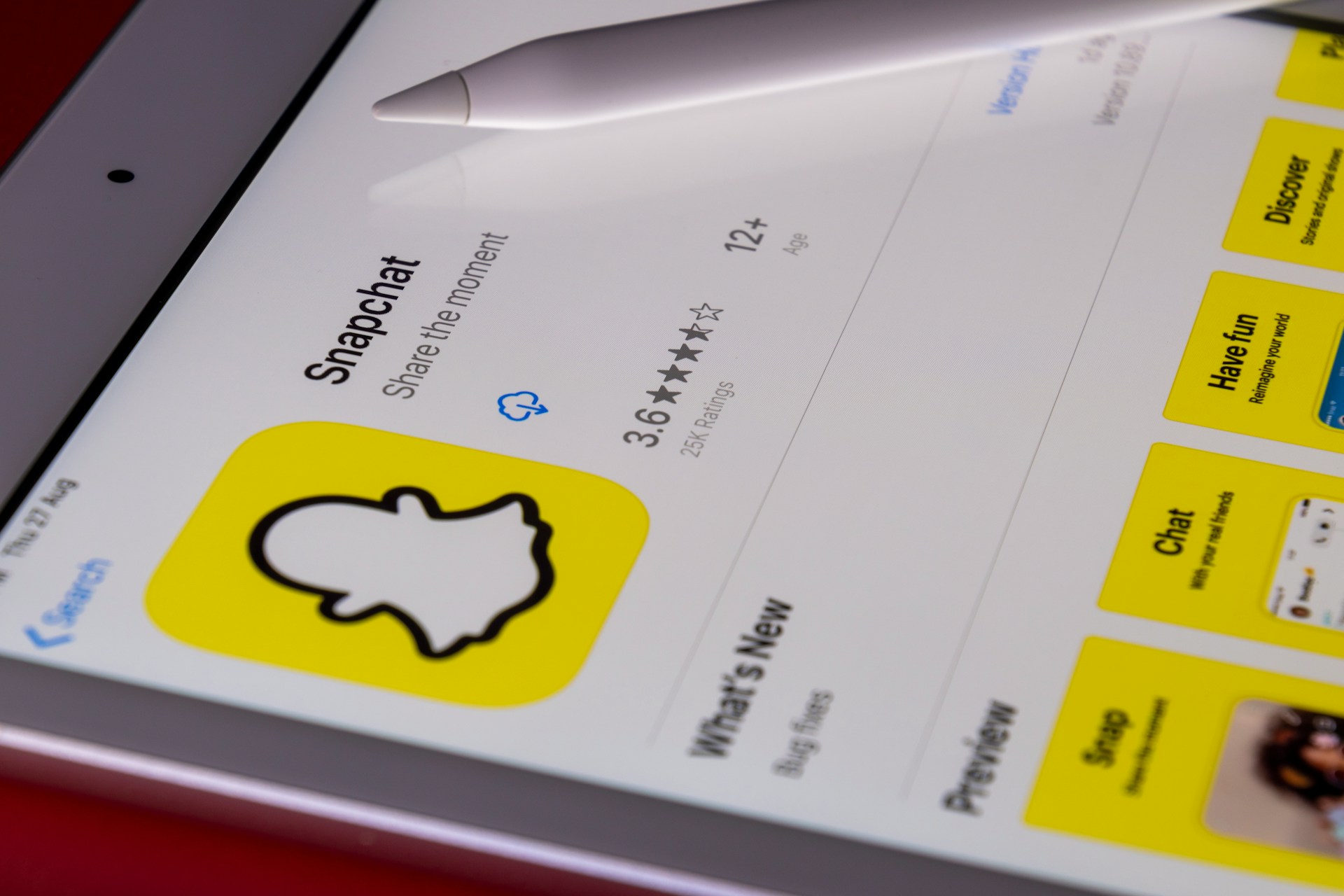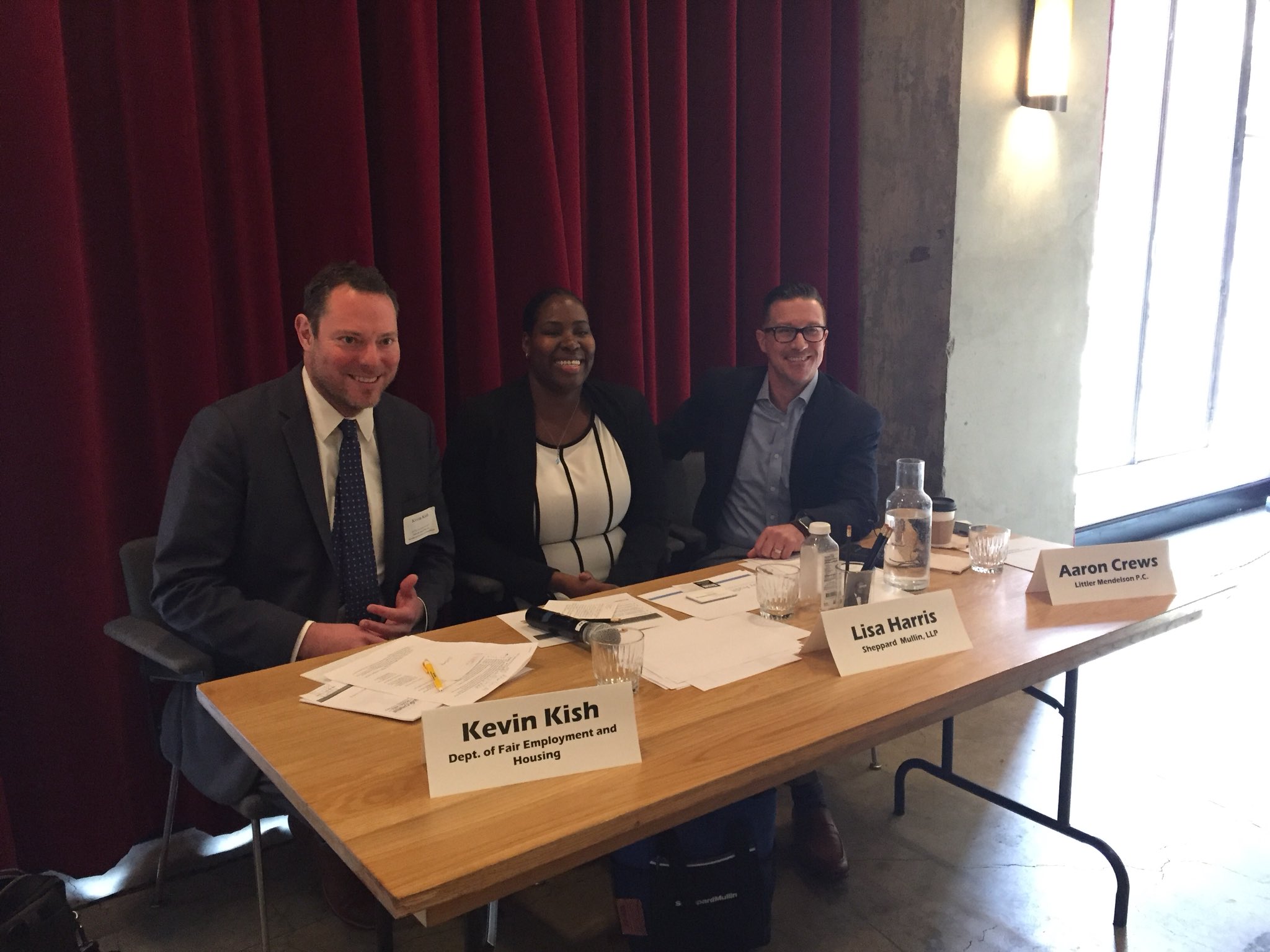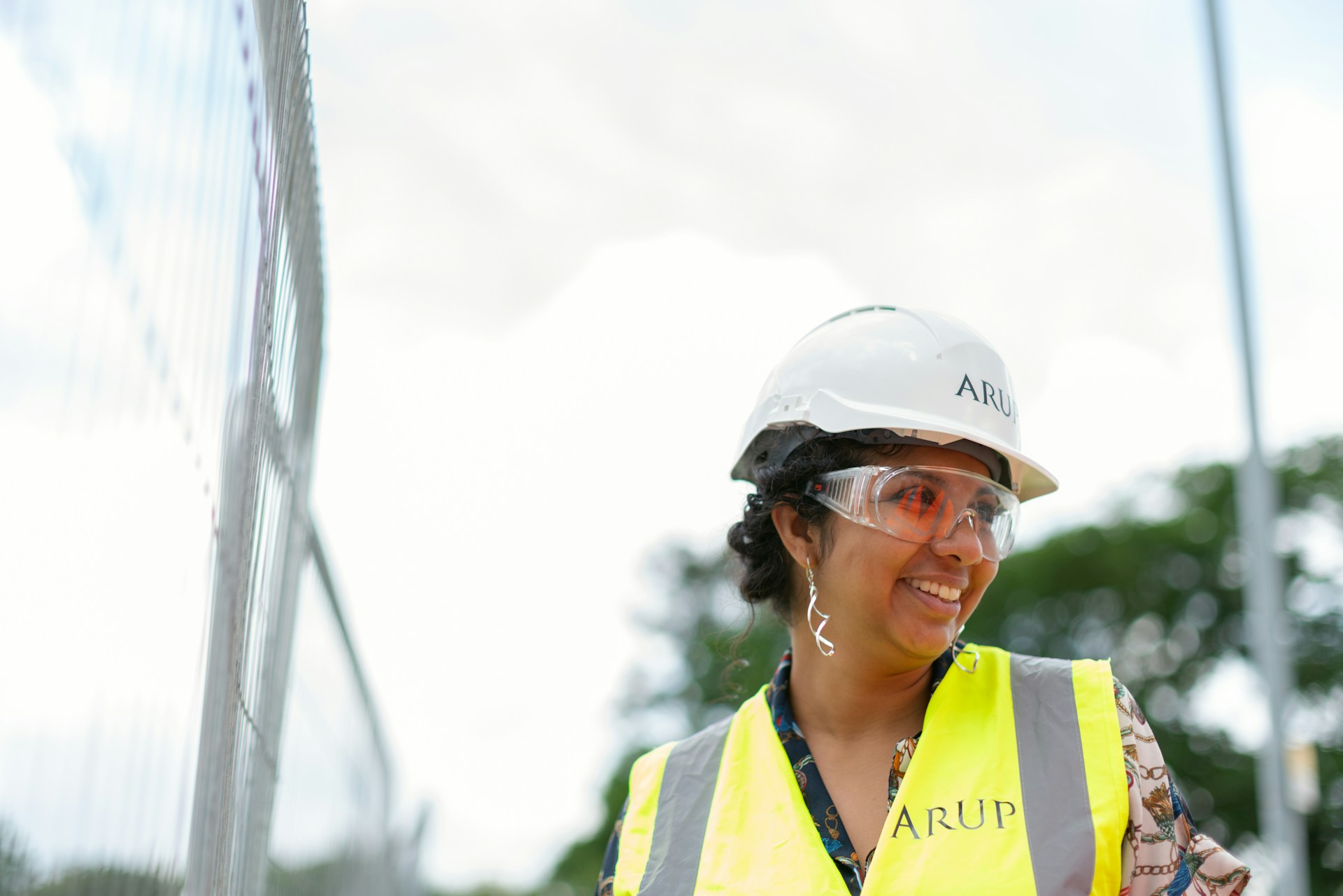A civil rights agency in California filed a lawsuit against Snapchat Inc., claiming that the company discriminated against female employees.
They are also being accused of failing to prevent sexual harassment in the workplace and retaliating against women who complained. Snapchat Inc. will be forced to pay $15 million to settle the case.
Settlement Coverage

Women who worked for the company in California between 2014 and 2024 are covered by the settlement with Snapchat Inc., which owns the popular messaging app of the same name.
The announcement was made on Wednesday by the California Civil Rights Department. The settlement is subject to approval by the court.
Investigation

The department said in a statement that the agreement ends a more than three-year investigation.
They were looking into claims that the Santa Monica, California-based company discriminated against female employees when it came to pay and promotions.
Distribution

The majority of the settlement will go to workers who experienced discrimination at Snapchat Inc., California according to officials.
According to Kevin Kish, director of the civil rights agency in California, “We’re proud of the work of our state’s innovators who are a driving force of our nation’s economy.”
Kish Commentary

Kish went on to say: “This settlement with Snapchat demonstrates a shared commitment to a California where all workers have a fair chance at the American Dream.
“Women are entitled to equality in every job, in every workplace, and in every industry,” he concluded.
Snapchat Settles

Snapchat Inc. stated that while it disagrees with the claims made by the agency, the company decided to settle to avoid costly and time-consuming litigation.
“We care deeply about our commitment to maintain a fair and inclusive environment at Snap, and do not believe we have any ongoing systemic pay equity, discrimination, harassment, or retaliation issues against women,” the organization said in a release.
Company Growth

Snapchat Inc. developed from 250 workers in 2015 to north of 5,000 in 2022. Female employees did not benefit from the growth, on the other hand.
They “were told to wait their turn, were actively discouraged from applying for promotions, or lost promotion opportunities to less qualified male colleagues,” as stated by officials in California.
Female Engineers

According to the complaint, women in engineering positions, which make up about 70% of Snap’s workforce, encountered difficulties when attempting to advance from entry-level positions.
In its lawsuit, California’s civil rights agency also claimed that women were subjected to sexual harassment and were subjected to retaliation, including termination and negative performance reviews when they voiced their concerns.
Internal Sexism

According to the agency, male managers frequently promoted male employees over more qualified female employees.
“Women were told, both implicitly and explicitly, that they were second-class citizens at Snap,” the office said in its claim.
Moving Forward

In accordance with the terms of the settlement, the business will be required to retain an outside auditor to monitor its compliance with sexual harassment, retaliation, and discrimination laws, as well as hire an independent consultant to evaluate its compensation and promotion policies.
According to officials, the company will also need to provide employees with training on how to avoid discrimination, retaliation, and sexual harassment in the workplace.
Employee Rights

Additionally, Snapchat Inc. agreed to inform all employees of their right to report discrimination or harassment without fear of retaliation.
As of 2020 Snapchat as a social media platform has over 85 million users in the United States alone.
Past Legal Trouble

Back in January a host of families sued Snapchat Inc. and were awarded a victory in their case.
The family members of children who allegedly acquired illegal drugs through Snapchat were involved in the lawsuit.
Snapchat’s legal troubles may be settled for now in order to avoid litigation but other suits regarding the ‘addictive’ platform are still working through the courts.
